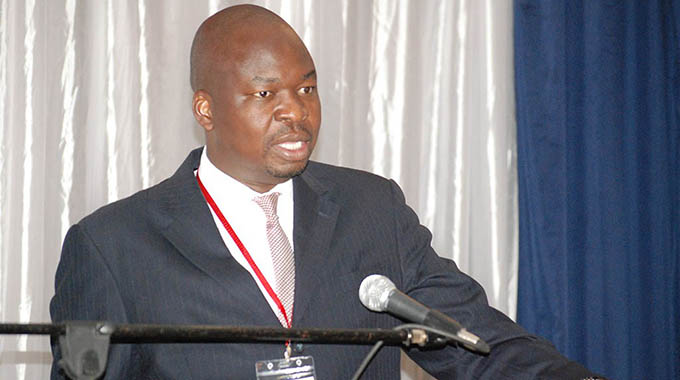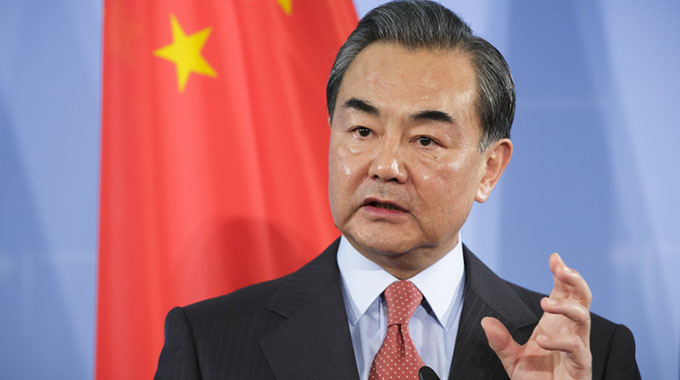Drugs for hospitals continue to arrive

Paidamoyo Chipunza Senior Health Reporter
Medicines and medical sundries procured under a US$20 million facility provided by the Government recently have started arriving in the country and will shortly be distributed to Government hospitals.
The first consignment under this facility, worth US$2,5 million, arrived in the country on Thursday and Saturday.
A second US$20 million facility of more medicines and equipment is being finalised to ensure supplies keep arriving after the delivery of the full US$20 million first batch.
The medicines and equipment are being funded by the Government and are procured through the National Pharmaceutical Company (Natpharm).
The arrival of this initial consignment and other anticipated deliveries was expected to improve the status of the public health delivery system.
Senior doctors, who have been providing emergency services only for the past three months citing inadequate medicines and equipment, are likely to now return to work.
Secretary for Finance and Economic Development Mr George Guvamatanga said the Government was doing all it could to improve social services.
“Medicines have started arriving in the country and we anticipate more to come in the coming weeks and months, so we are really prioritising social services, that is health and education,” he said.
Mr Guvamatanga said the Government was also finalising a similar arrangement for medicines and sundries worth US$20 million.
“Once this arrangement is finalised, we also expect more medicines to be delivered in the country,” he said.
The Government had plans to build about 83 more hospitals countrywide on similar arrangements.
“The new dispensation is comprised of people with commercial experience who have the ability to structure deals
with foreign investors. This will allow certain products or services to come into the country on certain terms,” said Mr Guvamatanga.
Mr Guvamatanga said the Government hoped that a deal will be broken between doctors and the rest of the health workforce in relation to cost of living adjustments.
“Government is alert to challenges the people are facing and working flat out to respond to them, but we should also take into account what we are collecting in taxes and fees,” he said.
Natpharm managing director Mrs Flora Sifeku said the distribution of the medicines will start once the consignment is delivered to their warehouse.
She said the consignment includes essential medicines, some of which are needed urgently in hospitals.
Heads of pharmacy departments were being told what had come in and will be asked to make “urgent orders” for rapid delivery.
“Distribution will commence as soon as we receive the medicines in our warehouse and in instances where some of the products are needed urgently in health institutions we will alert the institutions to make ‘emergency orders’ without necessarily having to go through the usual processes,” said Mrs Sifeku.
Mr Delish Nguwaya, the local representative of the Swiss supplier, Drax Consulting Sagl, which partnered Government to supply the initial US$20 million worth of drugs, said consignments will be delivered every month for the next four months.
Mr Nguwaya said the first consignment was worth US$2,5 million, with the next delivery scheduled for next month.
Government has been making strenuous efforts to capacitate public health institutions through procurement of medicines and equipment.
There are also plans to capacitate local pharmaceutical manufacturers, establish more manufacturing plants, including toll manufacturing and bonded warehouses to ease availability and affordability of medicines and medical sundries in both public and private sector.








Comments